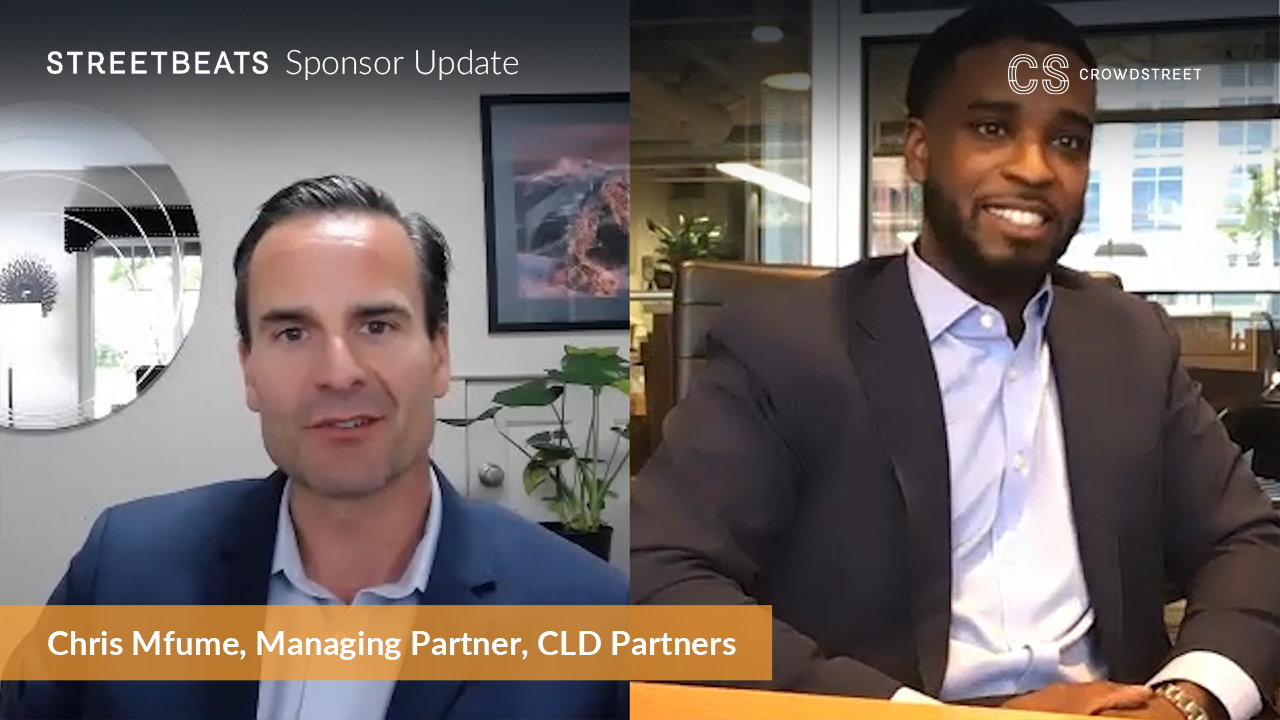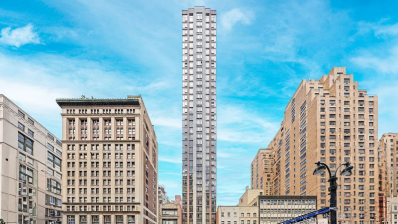
Crowd Street's Darren Powderly is joined by Chris Mfume, Managing Partner at CLD Partners, to talk about how he broke into commercial real estate, why he decided to start his own business at 27, and what kinds of opportunities he sees in Baltimore and Washington D.C.
